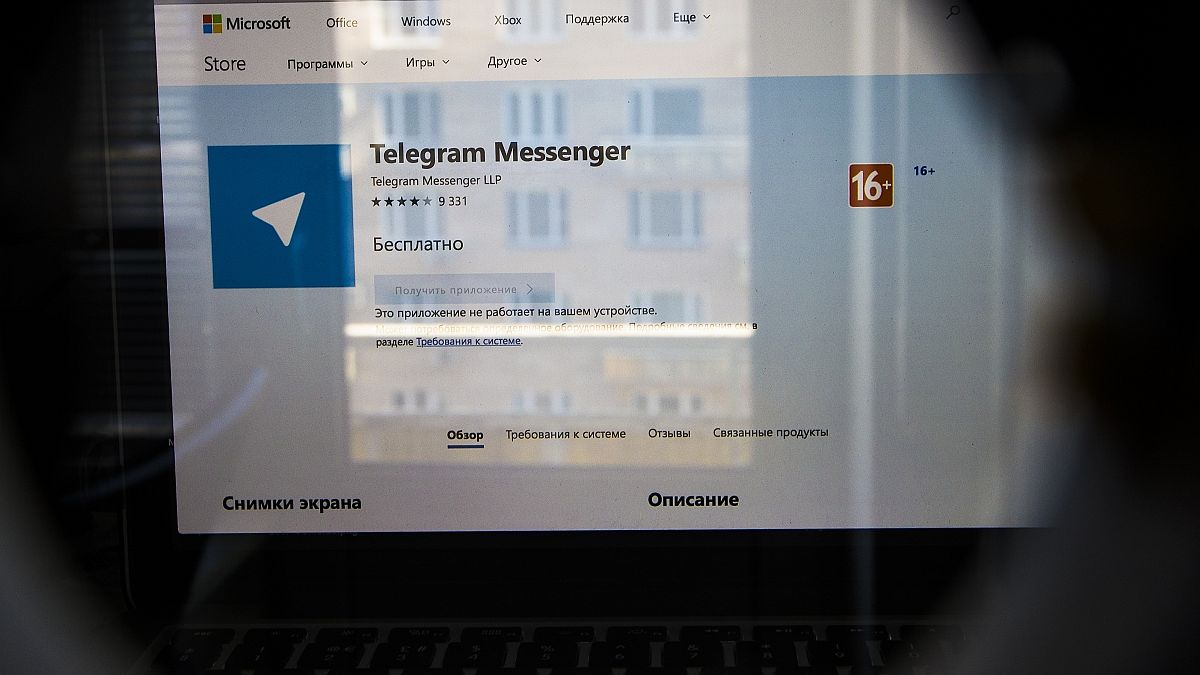The arrest of Pavel Durov, the CEO of Telegram, on suspicion of allowing criminal activity on the messaging app has raised questions about the company’s obligations under the EU’s Digital Services Act (DSA). However, a spokesperson for the European Commission clarified that the arrest is not related to the DSA, as it does not define what is illegal or establish any criminal offenses that could lead to arrests. The Commission has stated that only national or international laws that define criminal offenses can be invoked for arrests. While the Commission is monitoring the situation closely, it is not directly linked to the DSA.
Durov, a Russian-born entrepreneur, was arrested in France on claims that the lack of moderators on Telegram allowed criminal activities such as drug dealing and pedophile networking to thrive on the platform. This has raised concerns about the platform being used for illegal activities due to its end-to-end encrypted messaging, which makes it challenging for law enforcement authorities to monitor illicit transactions. Despite the allegations, Telegram claims that it abides by EU laws, including the DSA, and that its moderation practices are within industry standards and continuously improving.
Telegram, which boasts over 900 million active monthly users globally, has 41 million monthly average users in the EU. If it surpasses the threshold of 45 million users per month, it will be classified as a Very Large Online Platform (VLOP) under the DSA and will face stringent transparency requirements. As a smaller platform for now, Telegram must implement measures such as complaint and dispute resolution mechanisms, prevent repeat offenders from uploading illegal content, and adhere to transparency measures under EU regulations. The company has stated that it considers the allegations of enabling criminal activity to be absurd, as the responsibility for misuse of the platform lies with the abusers, not the platform itself or its owner.
Telegram has chosen Belgium as its legal representation in the EU, making the national telecom regulator BIPT responsible for overseeing the platform’s compliance with the DSA until it becomes a VLOP. However, due to a change in government after Belgian elections in June, the formal designation of BIPT is still pending parliamentary approval. The Commission has initiated an infringement procedure against Belgium for not empowering the regulator, leading to uncertainties about the regulatory oversight of platforms offering services in the EU. In addition to the DSA, other laws such as the regulation addressing the dissemination of terrorist content online are also applicable, requiring platforms to remove such content within one hour of identification since June 2022.
Law enforcement authorities in various European countries, including Lithuania, Germany, and the Netherlands, have reported an increase in online drug trafficking facilitated through platforms like Telegram. The platform’s end-to-end encryption has been cited as a key factor enabling vendors to carry out illegal activities without being easily detected. The situation has prompted concerns about the implications of encrypted messaging platforms for law enforcement efforts and public safety. With the rise of cybercrime and illicit activities online, there is a growing need for platforms to enhance their moderation practices and cooperate with authorities to prevent the misuse of their services for criminal purposes.










